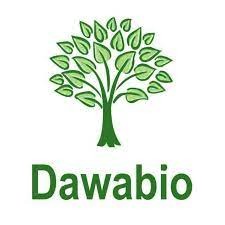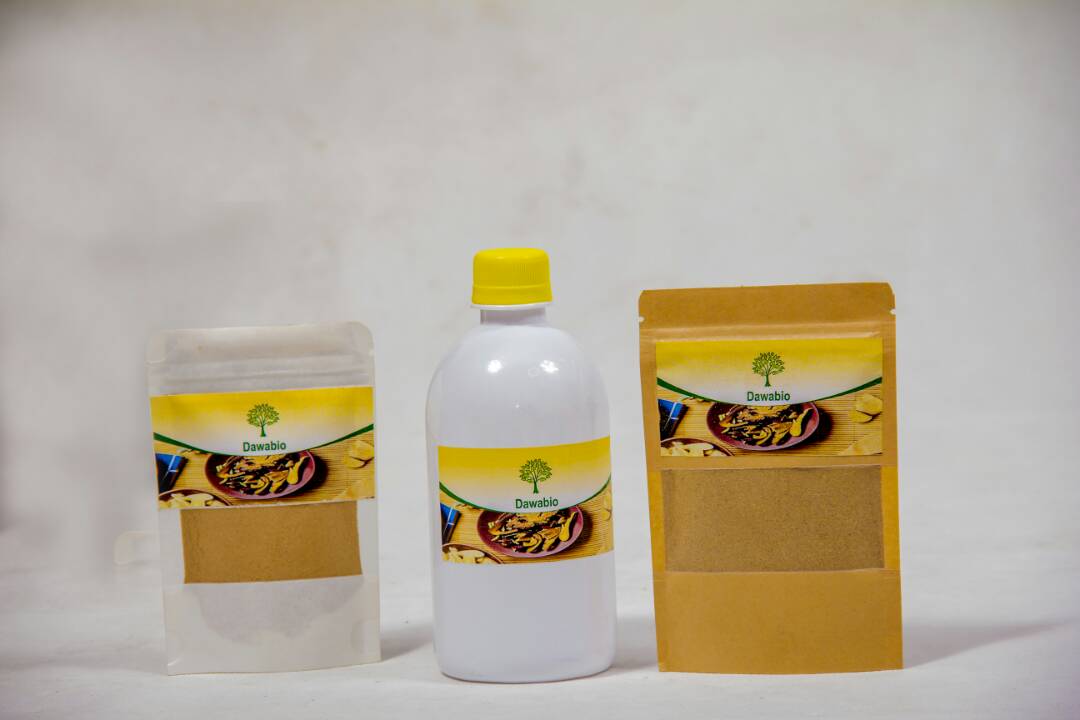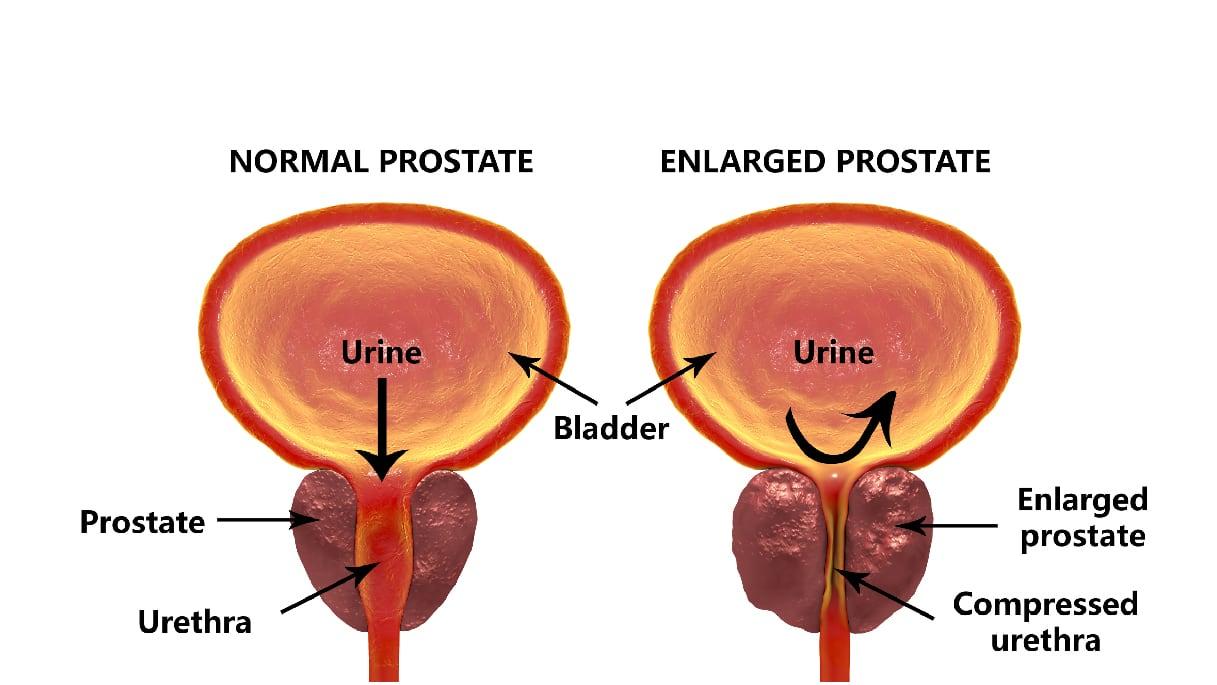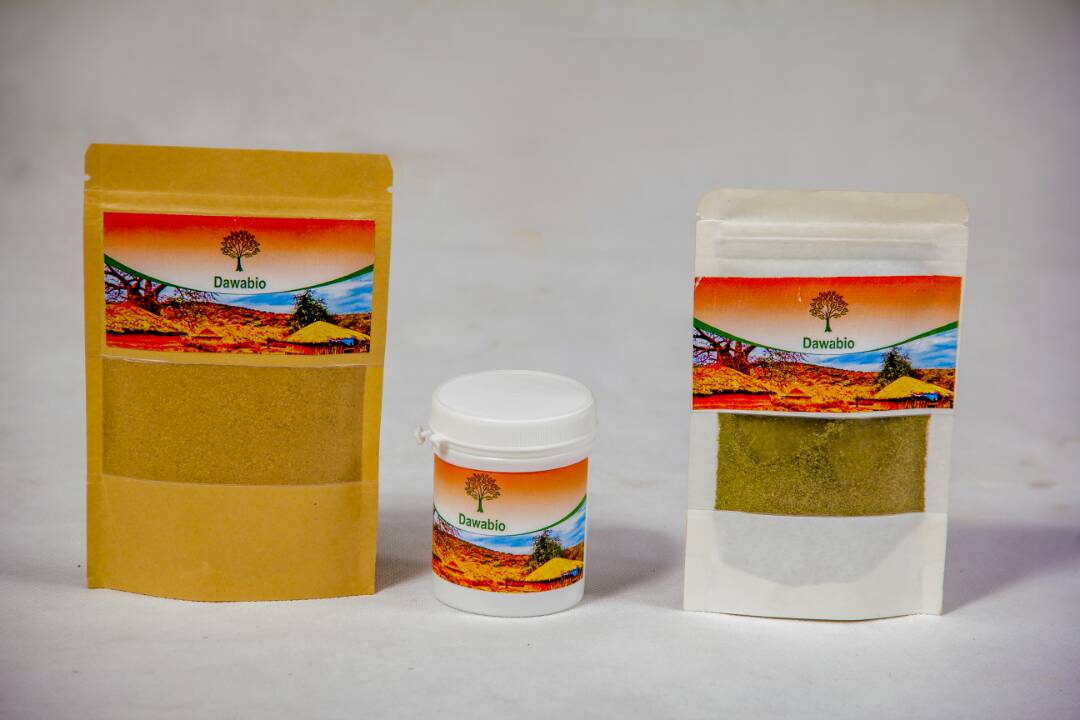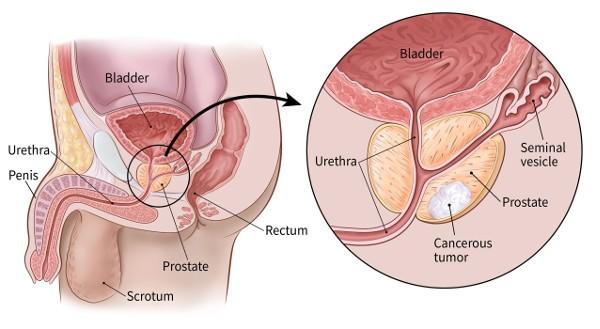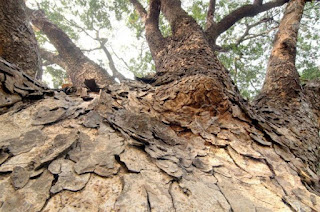DEFINITION
The prostatitis is an inflammation caused by a bacterial infection of the prostate.
This organ is an endocrine gland in the male genital system which has the function of producing the seminal fluid necessary for the development and mobility of sperm.
Conventional care for prostatitis requires the use of a cytobacteriological examination of the urine to identify the pathogen responsible for the disease.
As for herbal treatments, they help relieve the painful symptoms of prostatitis and speed up healing. Here is the natural treatment from the experts at Dawasanté herbal medicine to cure prostatitis. Click on the image below to discover this natural treatment.
We deliver all over the world.
For more information, you can contact our experts on +229 51374202 direct line or by WhatsApp at the same number.
In this context, an effective mutual or insurance allows benefiting from high reimbursements of the expenses of consultations of urologists, ultrasounds and biological analyzes as well as herbal remedies prescribed by the doctors.
PLANTS TO RELIEVE PROSTATITIS
Saw palmetto to relieve benign prostatic hyperplasia
The saw palmetto (Serenoa repens) is a shrub whose berries contain sterols, substances which have the property of relieving the symptoms of BPH. Several cross-analyzes of clinical trials of good methodological quality have confirmed the interest of saw palmetto extracts in the treatment of BPH.
Commission E and WHO recognize the use of saw palmetto in "the treatment of urinary difficulties associated with BPH".
The EMA grants the status of “well-established medical use in the symptomatic treatment of BPH” only to saw palmetto extracts obtained with hexane as an extraction solvent. In addition, it only grants the status of "traditional use to relieve symptoms of the lower urinary tract associated with BPH" to saw palmetto extracts obtained with ethanol as an extraction solvent.
In France, drugs based on saw palmetto extracts are available for this use, only one of which uses hexane to extract the active ingredients and none uses ethanol.
African plum to relieve benign prostatic hyperplasia
The African plum (Pygeum africanum) is a tree whose bark is used to produce standardized extracts containing sterols and docosanol. A cross-analysis of eighteen clinical trials points to some efficacy of African plum extracts in the treatment of BPH, but less than that of saw palmetto extracts.
The EMA grants “traditional use to relieve symptoms of the lower urinary tract associated with BPH” status only to African plum extracts obtained with chloroform as an extraction solvent.
In France, drugs based on saw palmetto extracts are available for this use, none of which uses chloroform for the extraction of the active ingredients.
Pumpkin seeds to relieve benign prostatic hyperplasia
Pumpkin seed extracts (Cucurbita pepo) are recognized by Commission E to “facilitate the emission of urine in men suffering from BPH”. These seeds contain many substances (phytosterols, essential fatty acids, etc.) whose action on the prostate is poorly understood. There are few studies of pumpkin seeds used on their own (they are often combined with other herbs offered in the treatment of BPH). Their use in this indication is based on tradition.
The root of stinging nettle to relieve prostate benign
The roots of stinging nettle (Urtica dioica) contain lignans, with properties similar to those of female hormones and which could explain their effects on the prostate. However, clinical trials evaluating the effects of nettle root on prostate adenoma are of poor methodological quality. They point to the effectiveness of nettle root without providing scientific proof.
Unlike other official sources (WHO, Commission E and ESCOP), the European Medicines Agency (EMA) considers that these studies are inconclusive and that BPH being a disease that must be treated medically, the root nettle can not be considered a traditional treatment for this pathology.
Against prostate cancer: coffee and tomatoes
No plant to date can accompany or cure prostate cancer. On the other hand, in prevention, a large study carried out on 48,000 people by the National Cancer Institute was able to establish that consumption of 6 cups of coffee per day reduced the risk of 60% of suffering from cancer of the prostate. Unfortunately, consuming so much coffee daily is not reasonable: in addition to a phenomenon of dependence, excess caffeine causes many side effects, such as nervousness, restlessness, anxiety, palpitations, insomnia, stomach irritation. , diarrhea ...
The good news, decaffeinated offers the same virtues. It is indeed the polyphenols in coffee, and not caffeine, which gives it these preventive properties. A similar study published by the same institute also showed that consuming cooked tomatoes two to three times a week reduces the risk of developing prostate cancer by a third (compared to occasional consumption). Finally, healthy living remains effective prevention: avoiding exposure to toxic products, including pesticides (farmworkers are more exposed to this cancer), being active and limiting the consumption of red meat, cold meats and cheeses. fatty, while favoring large rations of fruits, vegetables and fish.
Treatment of prostatitis: treatment of inflammation and contributions of phytotherapy in case of prostatic hypertrophy
Prostatitis requires drug therapy with antibiotics and anti-inflammatories. This cure lasts from 3 to 8 weeks depending on the germ causing the infection.
Besides antibiotic therapy, the patient may resort to herbal remedies to relieve the symptoms of an enlarged prostate such as:
- bearberry: anti-inflammatory and soothing pain in urination, this plant is prescribed in cases of acute prostatitis and cystitis. Also called bear grape, it is an antiseptic and powerful antibacterial against pathogenic bacteria of the urinary tract.
- giant sequoia: antidepressant and hormonal regulator, giant sequoia buds help to treat inflammation in cases of prostatic hypertrophy. They are also effective in stimulating appetite and reducing the fatigue that accompanies prostatitis.
- pumpkin seeds: they are used in herbal tea against urinary disorders associated with an enlarged prostate. These seeds are also effective in relieving pain, facilitating mixing, etc.
- serenoa repens: the berries of this saw palmetto are used to treat inflammation of the prostate and prevent a recurrence
Massages of the genitourinary area of the prostate with essential oils (Scots pine, cypress, peppermint, etc.) are also recommended to relieve symptoms and prevent prostatitis.
Oral antibiotic intake and herbal medicine find their limits in severe prostatitis. Hospitalization for 2 to 4 days is then required in order to put the patient on intravenous antibiotic therapy.
Prostatitis: symptoms, types and risk factors of prostatic hypertrophy
Prostatitis causes enlargement of the gland and compression of the urethra and bladder. The first clinical signs of this prostatic hypertrophy are pain and discomfort when urinating, which results in the accumulation of urine residues at the origin of the aggravation and complication of the urological disease.
Inflammation of the prostate can be either:
- acute prostatitis: usually of bacterial origin, it is characterized by high fever, severe pain in the lower abdomen and general fatigue. The patient also experiences frequent urges to urinate despite the small amounts of urination expelled
- chronic prostatitis: of bacterial or non-bacterial origin, it is the consequence of a poorly healed urinary tract infection. This recurring pathology manifests itself by twitching in the lower abdomen, aggravated by retention of urine
The enlarged prostate is favored by:
- the stress
- sexually transmitted infections
- urogenital malformation
- prolonged sitting (office, car, plane)
- the practice of certain sports such as horse riding or cycling
Prostatitis affects young men. It is often associated with psychological impacts and a deterioration in the quality of life due to painful symptoms, incontinence and difficulty in sexual relations.
We deliver all over the world.
For more information, you can contact our experts on +229 51374202 direct line or by WhatsApp at the same number.
